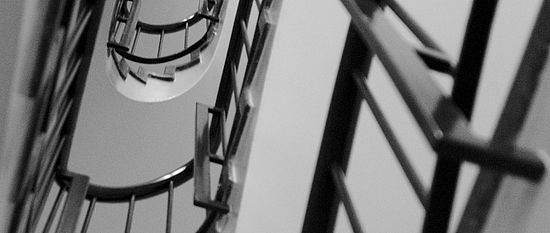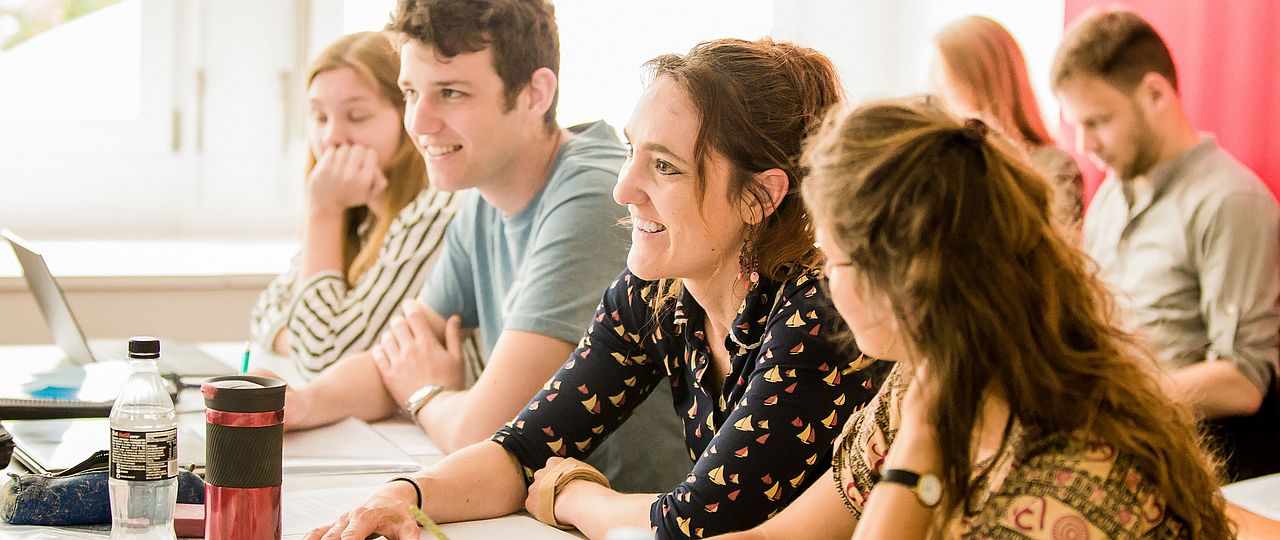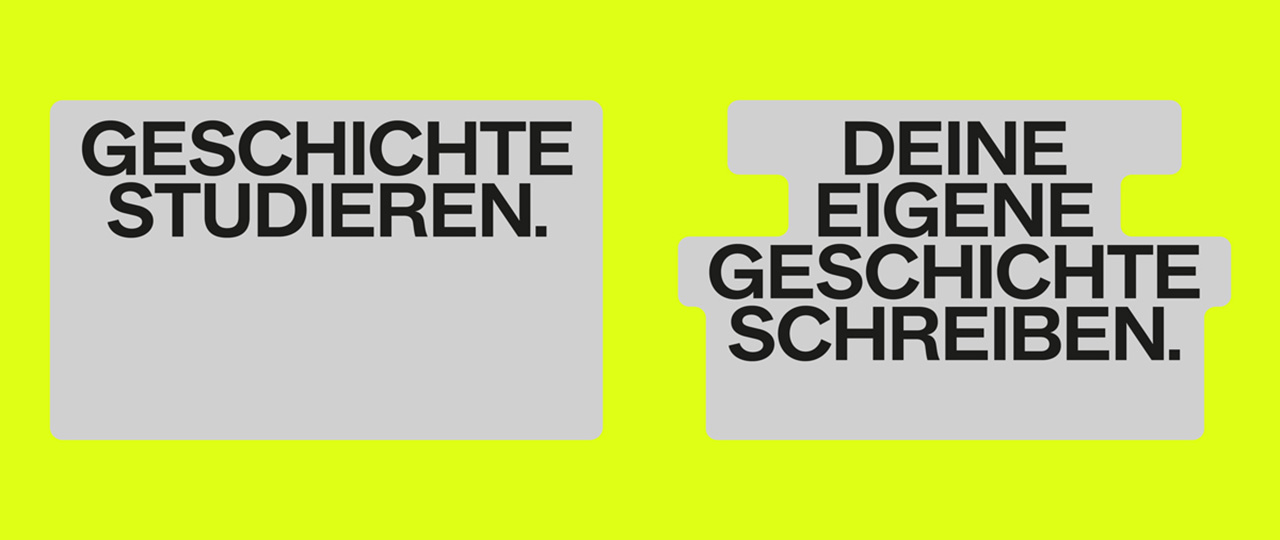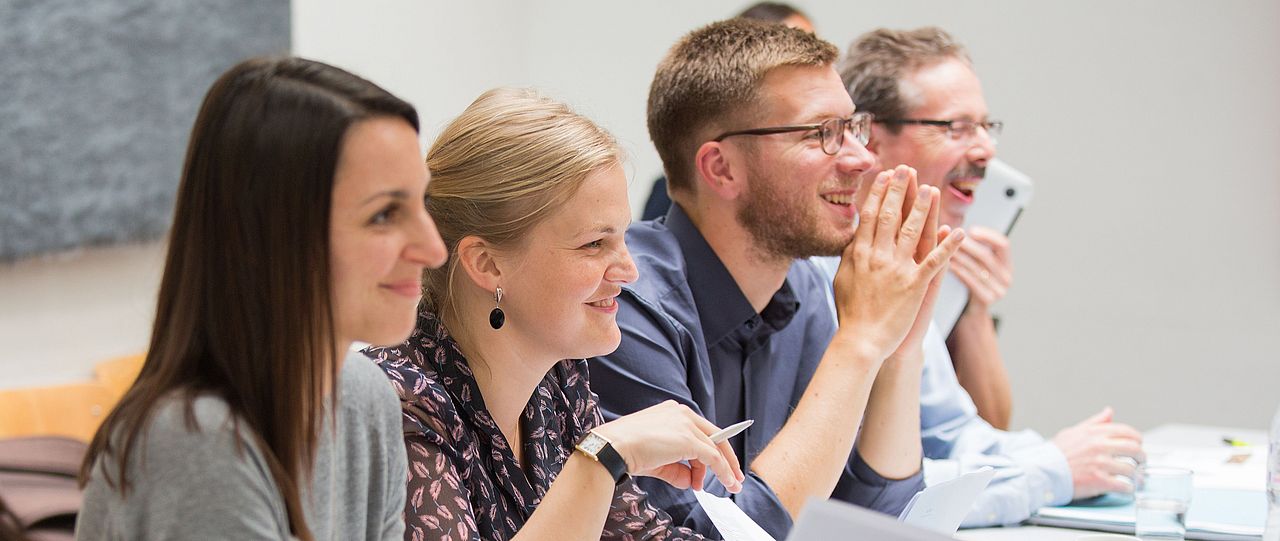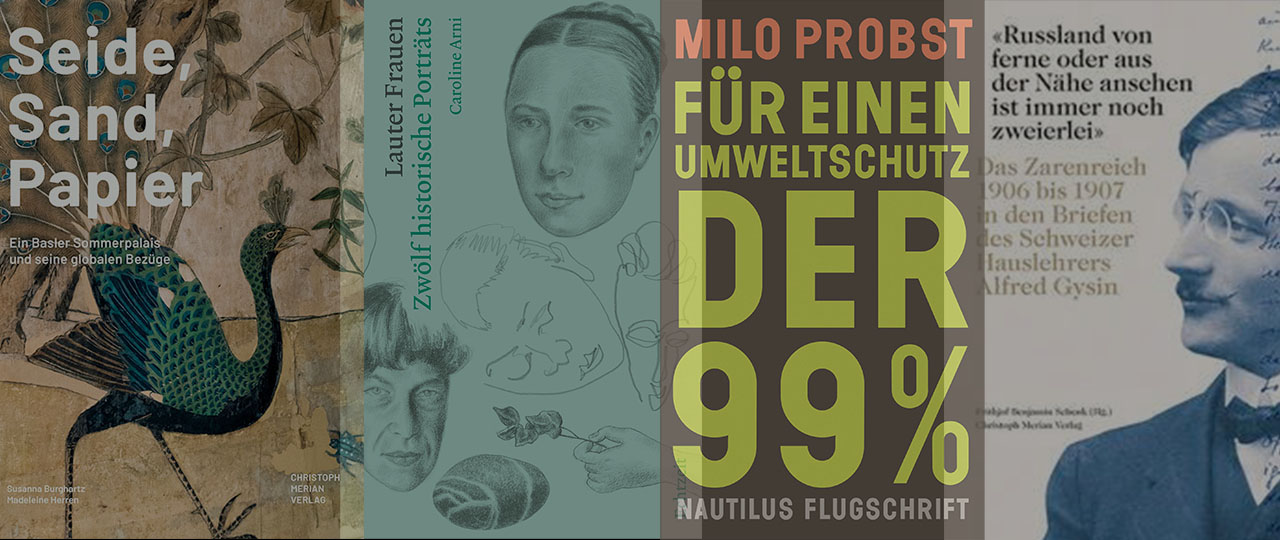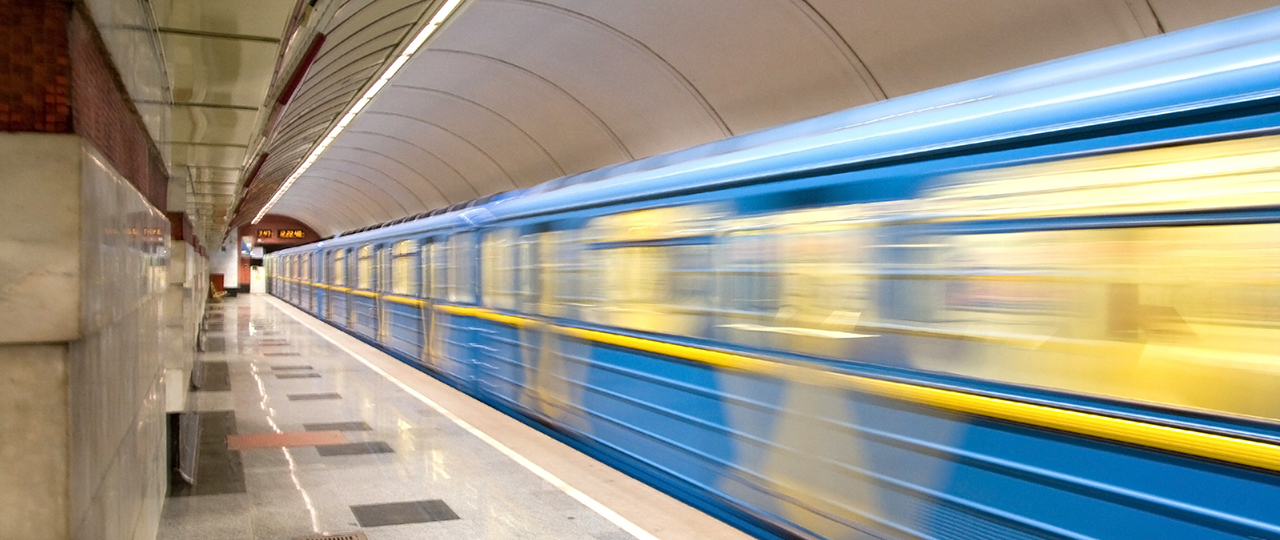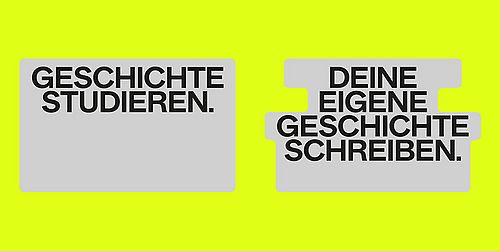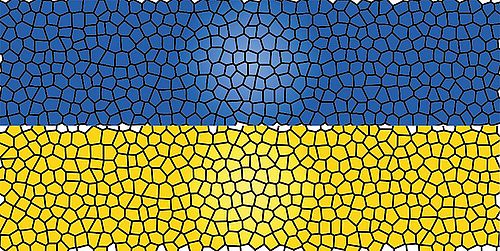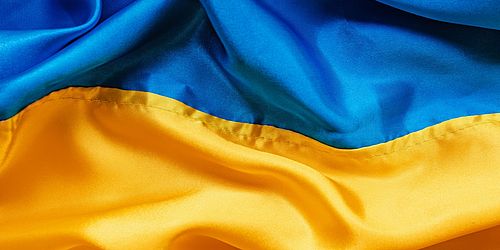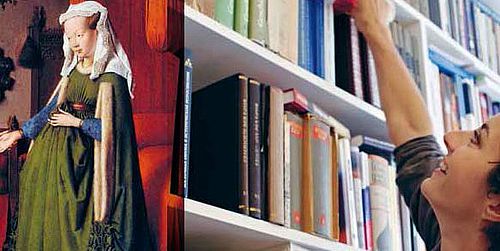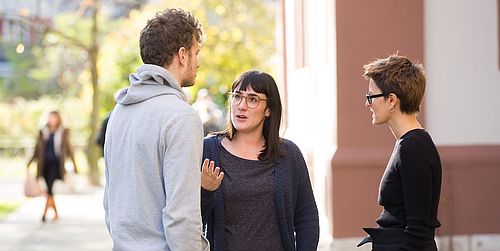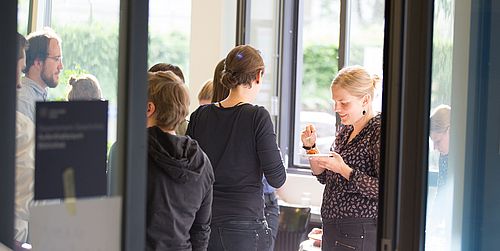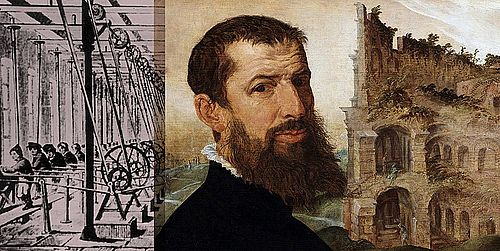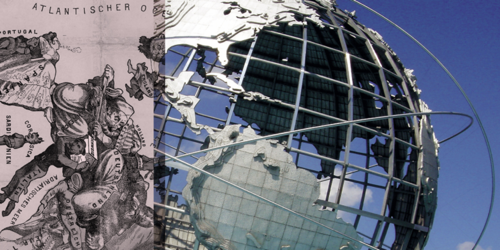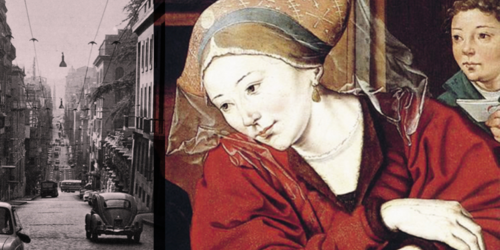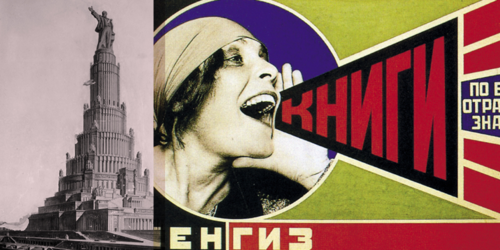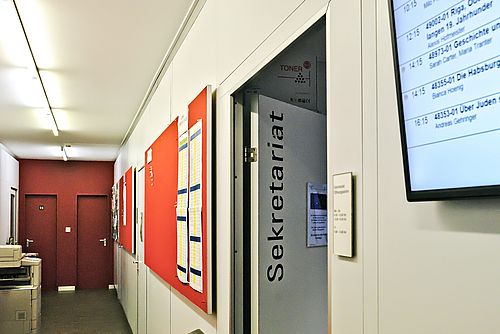Dr. Olha Martynyuk
Research associate (Professur Schenk)
Office
Hirschgässlein 21
4051 Basel
Schweiz
Past research projects
Veranstaltungen
Personen
Studienangebote
Die Geschichte soll nicht das Gedächtnis beschweren, sondern den Verstand erleuchten.
Gotthold Ephraim Lessing
Departement Geschichte
Die Geschichtswissenschaft in Basel blickt auf eine lange und facettenreiche Geschichte zurück. Heute sind im Departement Geschichte rund 150 Mitarbeitende tätig und es zählt rund 850 Studierende auf Bachelor- und Masterstufe. Acht Professuren beschäftigen sich in Lehre und Forschung mit dem Mittelalter, der Frühen Neuzeit, mit Neuerer und Neuester Geschichte, mit Osteuropäischer Geschichte und der Geschichte Afrikas.
Kontakt und Öffnungszeiten
Das Departement Geschichte und die Bibliothek bleiben vom 22. Dezember 2025 bis 4. Januar 2026 geschlossen.
Ab 5. Januar 2026 ist das Sekretariat von Montag-Donnerstag, 9-12 Uhr für Sie da.
Wir wünschen allen frohe Feiertage!
Lageplan
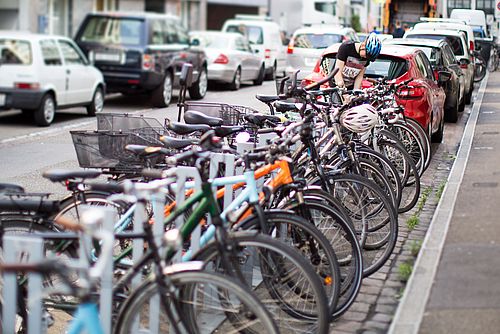
Universität Basel
Departement Geschichte
Hirschgässlein 21
4051 Basel
Schweiz
Tel: +41 (0)61 207 46 66
- Mobility and Transport in Eastern Europe
- History of Science and Technology
- Cycling in Ukraine, XIX-XX centuries
- Russian Nationalism and Electoral Politics in early XX century
Olha Martynyuk is a scholar at the University of Basel. Previously she worked at the National Technical University of Ukraine Sikorsky Kyiv Polytechnic Institute. In 2017, she defended her dissertation on Russian nationalism in early twentieth-century Ukraine. Since then, she has switched to teaching history of science and technology. Her current book project is entitled “Bicycle Mobility in Ukraine, 1890–1990.” She has previously coedited the volume Living in a Modern City: Kyiv of the Late Nineteenth to Mid-Twentieth Centuries (ukr), curated the exhibition Bicycle Boom 1890s (ukr), and assisted prof. Kate Brown with writing Manual for Survival: An Environmental History of the Chernobyl Disaster. In 2022, she has given multiple interviews about Ukrainian history, culture and identity to the Swiss and the German press: NZZ am Sonntag, WOZ, Velojournal, GEO Magazin, Bajour. In 2025, she took up the position of Secretary at the International Association for the History of Transport, Traffic and Mobility.
“The 1890s Bicycle Boom in the Ukrainian Lands: Local Mobilities between Technological Westernization and Imperial Politics.” East Central Europe 51, no. 2–3 (October 24, 2024): 263–88. https://doi.org/10.30965/18763308-51020007.
“Modern and Sacred: Conflicting Representations of Kyiv in Tourist Literature, 1860s-1930s.” Schnittstelle Germanistik 4, no. 1 (2024): 159–88. https://doi.org/10.33675/SGER/2024/1/13.
Martynyuk, Olha. ‘Threatening Mobility: Cycling during World War II from a Ukrainian Perspective’. The Journal of Transport History 44, no. 3 (December 2023): 389–410. https://doi.org/10.1177/00225266231156113.
“Velosypedna mobilnistʹ u Radyansʹkomu soyuzi: pidkhody do vyvchennya [Bicycle Mobility in the Soviet Union: Approaches to Study].” In Radyansʹke «ya» i radyansʹke «my» mizh ideolohiyeyu i realʹnistyu/ Soviet ‘I’ and Soviet ‘We’ between Ideology and Reality, 199–209. Kyiv: Dukh i Litera, 2024.
Martynyuk, Olha. ‘Publichnist’, vydymist’, vydovyshchnist’: Kyivske tovarystvo velosypedystiv-liubyteliv u konteksti miskykh transformatsii 1890-kh rokiv’ [Publicity, Visibility, Spectacle: Kyiv Club of Cyclists in the Context of Urban Transformations of the 1890s]’. Visnyk Kharkivskoho natsionalnoho universytetu imeni V.N. Karazina, no. 26 (2018): 65–81.
Martynyuk, Olha. ‘Elektoralni zibrannya u Kyievi 1906-1912 rr yak praktyka demokratii v umovakh absolyutyzmu [Electoral Gatherings in Kyiv Between 1906 and 1912 as a Practice of Democracy Under Imperial Absolutism]’. In Zhyvuchy v modernomu misti: Kyiv kintsya XIX - seredyny XX st. [Living in a Modern City: Kyiv at the End of XIX - Mid XX Cent.], edited by Olena Betlii, Kateryna Dysa, and Olha Martynyuk, 166–80. Kyiv: Dukh i Litera, 2016.
Martynyuk, Olha. ‘“Nastriy vybortsiv spokiynyi, shkidlyvoyi diyalnosti ne vyiavleno”: Vybory v IV derzhavnu dumu na materialakh zhandarmskykh ta administratyvnykh zvitiv kyivskoho heneral-hubernatorstva. [ “The Voters’ Are Calm, No Harmful Activities Have Been Detected”: Elections to the IV State Duma Based on the Materials of the Gendarmerie and Administrative Reports of the Kyiv General Governorate.]’. Ukraina: kulturna spadshchyna, natsionalna svidomist’, derzhavnist’ 23 (2013): 310–24.
Martynyuk, Olha. ‘Razreshennye, no zakrytye predvybornye sobraniya kievskikh progressistov v 1912 godu: vvodnaya stat’ya i publikatsiya dokumentov [Sanctioned but Closed Down Meetings of Kiev Progressives before the Elections to the State Duma in 1912]’. Ab Imperio, no. 3 (2013): 251–313.
Martynuk O. Sacred Hills and Commercial Downtown: Ethnic Meanings of Urban Spaces in Late Imperial Kiev [Online resourse]/ Ed. A. Pasieka, D. Petruccelli, B. Roth// Re-thinking European Politics and History. IWM Junior Visiting Fellows' Conferences. – Vienna, 2012. – Vol. 32. Date: 21.11.2012. Access: http://www.iwm.at/publications/5-junior-visiting-fellows-conferences/vol-xxxii/sacred-hills-and-commercial-downtown
Schweizer Radio und Fernsehen (SRF). “1 Jahr Krieg in der Ukraine: Olha Martynyuk, eine der ersten - Regionaljournal Basel Baselland - SRF” Accessed March 3, 2023.
Martynyuk, Olha. “Auf der Suche nach innerem Frieden” February 23, 2023.
Roth, Rafaela. “«Die Ukraine sind 50 Töne aller Farben» – Historikerin Olha Martynyuk zur nationalen Identität ihres Landes.” NZZ Magazin, April 3, 2022.
Roth, Rafaela. “‘Menschen kann man unterwerfen, ihre Ideen nicht’: ein Gespräch mit der Historikierin Olha Martynyuk.” GEO Perspektive, no. Sonderausgabe (2022): 28–37.
Mijnssen, Pete. “«Lenin war ein begeisterter Velofahrer – vor der Revolution»: Interview mit der ukrainischen Historikerin Olha Martynyuk.” Velojournal, November 16, 2022.
“KBOO Bike Show: Ukraine and NW Arkansas | Portland Transport. (Podcast). “Alon talks with Dr. Olha Martynuk, a Ukranian historian who has looked at the history of cycling in the Ukraine and Soviet Union”, Accessed March 3, 2023.
Adelina Gashi, Ina Bullwinkel. „Schon früh war da eine starke, liberale und demokratische idee von der Ukraine”: die ukrainische Historikerin Olha Martynyuk blickt auf die Ukrainische Geschichte zurück und erklärt, warum es falsch sei, von Russland und der Ukraine als Brudernationen” zu Bajour, March 31, 2022.
Martynyuk, Olha, and Alla Martynyuk-Medvetska. “The Rooster Crows Southwards: The Riddle of the Modernist Sanatorium in Truskavets.” VONO: Independent Art Paper, January 9, 2021. (Original Ukrainian Version: Мартинюк Ольга, Мартинюк-Медвецька Алла. “Півень піє на південь: загадка модерністського санаторію в Трускавці”// VONO незалежне медія про мистецтво і культуру. Вересень 2021)
Brown, Kate, and Olha Martynyuk. “The Harvests of Chernobyl”, Aeon, 2016. (Ukr. Translation: Мартинюк, Ольга, and Кейт Браун. “Чорниці в Чорнобиль не вірують: традиційне поліське збиральництво в часи глобальних змін” Далі буде, 2017.
“Велобум 1890х / The Bicycle Craze of 1890s - YouTube” Accessed May 30, 2023.
Martynyuk, Olha. “Kharkiv avtodorozhnii i literaturnyi: neochevydnyi peretyn [Automotive and Literary Kharkiv: An Unexpected Intersection].” Mistosite: Ukrainian Urban Platform, December 16, 2025.
Adamska, Iryna, Saskia Heyn, and Olha Martynyuk. “Conference Report: Understanding Techno-Utopias Across the East-West Divide: Creators, Enablers, and Audiences.” Infoclio.ch, October 9, 2025.
"Bündner Baumeister in der Westukraine: Gesellschaft und Erbe der Renaissance (1560-1660)" together with dipl. Arch. Alla Martynyuk-Medvetska, Historische Gesellschaft Graubünden, 26. Nov. 2023, Chur
"Bicycle Boom of 1890s in Ukraine: Local Mobilities Between Imperial Politics", Keynote Lecture at the Annual Convention of International Society for the History of Physical Education and Sport, July 12-14, 2023, Lausanne
“Was the Soviet Union Friendly to Bicycles?” Presentation at International Symposium “Knowledge Production in Public Transport: Normativities. Actors. Outcomes,” Tbilisi, Georgia, March 18-21, 2023
“Gender and Cycling in Ukraine (1890—1990)”, Lecture in Framework of URIS Ringvorlesung, 28.11.22
“Was USSR Friendly to Bicycles?”, Public Lecture at University of Lausanne, Observatoire universitaire du vélo et des mobilités actives, 01. Dec. 2022
“Desirable and Dangerous: Cycling in World War II from Ukrainian Perspective», Presentation at Transport, Traffic and Mobility Conference 2022 Annual Convention, Sept 21-24, 2022, Padova, Italy
“Was Soviet Union Friendly to Bicycles?”, Presentation at "Everyday Life in State-Socialist Societies," (12-15 May, Pula, Croatia)
“Russian Nationalism in Early 20th Century Ukraine – Why Did It Fail?”, Presentation at Symposium “Ukraine – Intersection of European Traditions”, UniBasel, 9-10 May, 2022
Public Talk «A Very Difficult Homework: Student Responses to the War, According to a Survey from Sikorsky Kyiv Polytechnic Institute», within a URIS Research Initiative Conference “Consequences of the Russian War of Aggression for Science and Research in Ukraine” on February 24, 2023
Podiumsgespäch “Die Ukraine und Europa: Vergangenheit und Zukunft eines komplexen Verhältnisses”, BuchBasel Festival, Olha Martynyuk mit Juri Andrukhowytsch, Frithjof Benjamin Schenk, moderiert von Judith Huber (SRF)
“Weder Psychologie noch Geopolitik: auf dem Podium im «Kosmos»: Leandra Bias, Anna Jikhareva, Olha Martynyuk und Moderator Sami” March 8, 2022.
Podiumsdiskussion mit Melanie Mettler (Nationalrätin), Olha Martynyuk (Universität Basel/Kyiv), Boris Belge (Universität Basel), moderiert von Sebastian Ramspeck (SRF), on “Drei Tage Ukrainische Kultur und Begegnungen im Dispo Nidau”, 21.-24. August, 2022
The Everyday History of Soviet Ukraine (HS 24)
The course invites to look at the history of Soviet Ukraine from the perspective of its everyday practices. Using many visual sources from 1922 to 1991, students will explore daily routines, housing, clothing, transportation, leisure, and music consumption in urban and rural settings. Periods of peace, war, and crisis will receive equal attention so that one can see how global developments were experienced on a microlevel. Students will explore how maintaining everyday objects and personal habits was essential for building personal safety in different historical contexts. The everyday histories of Soviet Ukraine will also provide a deeper insight into the standard historical narratives about East-European societies, particularly their dialogue with the global society across the Iron Curtain, its socialist path to modernity, and ownership rights within the communist economies. Course languages: English and German.
The course invites to explore East-European History of mid XIX - late XX cent. through the concept of mobility, which encompasses movement of people, goods and ideas. Students will deal with a corpus of texts on social history of transportation, as well as with a rich array of visual materials. Of special interest will be cases, specific to the region, for example culture of Orthodox Christian pilgrimage, forced resettlement programs or “destalinization” of metro stations. Cases of imported western technologies will provide ground for interregional comparisons, not only in aspects of introduction of transport system, but also in aspects of their exploitation and disintegration. The course is built on a premise that mobilities are products of social construction and, at the same time, they form long-term structures. Although Ukrainian historical mobilities will lay in the focus of the course, its geography will cover a broad territory between Berlin, Riga, and Budapest on the West and Ural Mountains on the East. Knowledge of East-European languages is not required. The assignments will combine oral and written tasks, as well as creative reuse of visual sources.
International Association for the History of Transport, Traffic and Mobility (from 2022) – Executive Board Member and Secretary
Eidgenössische Migrationskommission, Schweiz (from 2024) – Member
Swiss Academic Association for East European Studies (from 2025) – Member
Osteuropa-Forum Basel (from 2025) – Member
Ukrainian Cultural Foundation (2019 – 2025) – Expert


